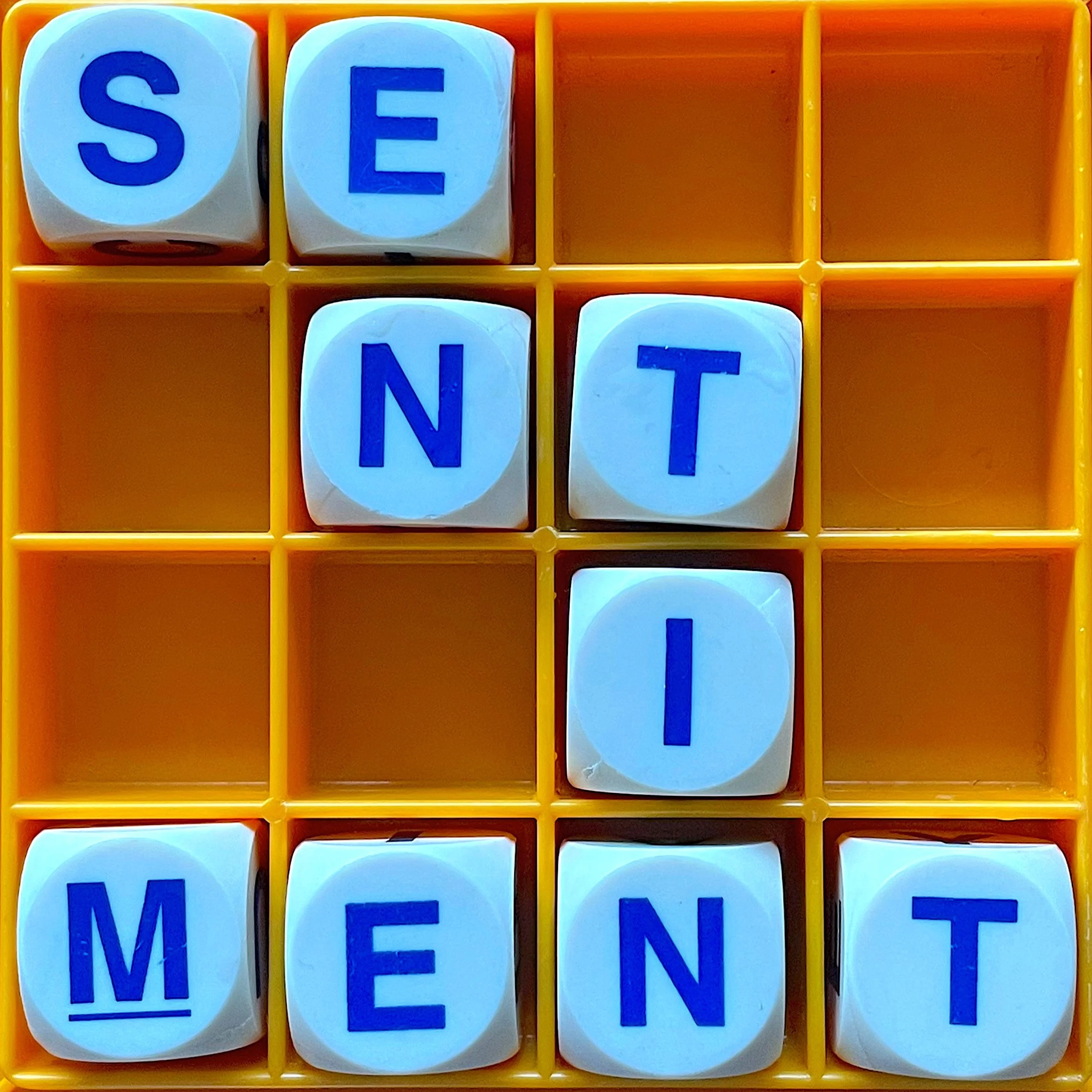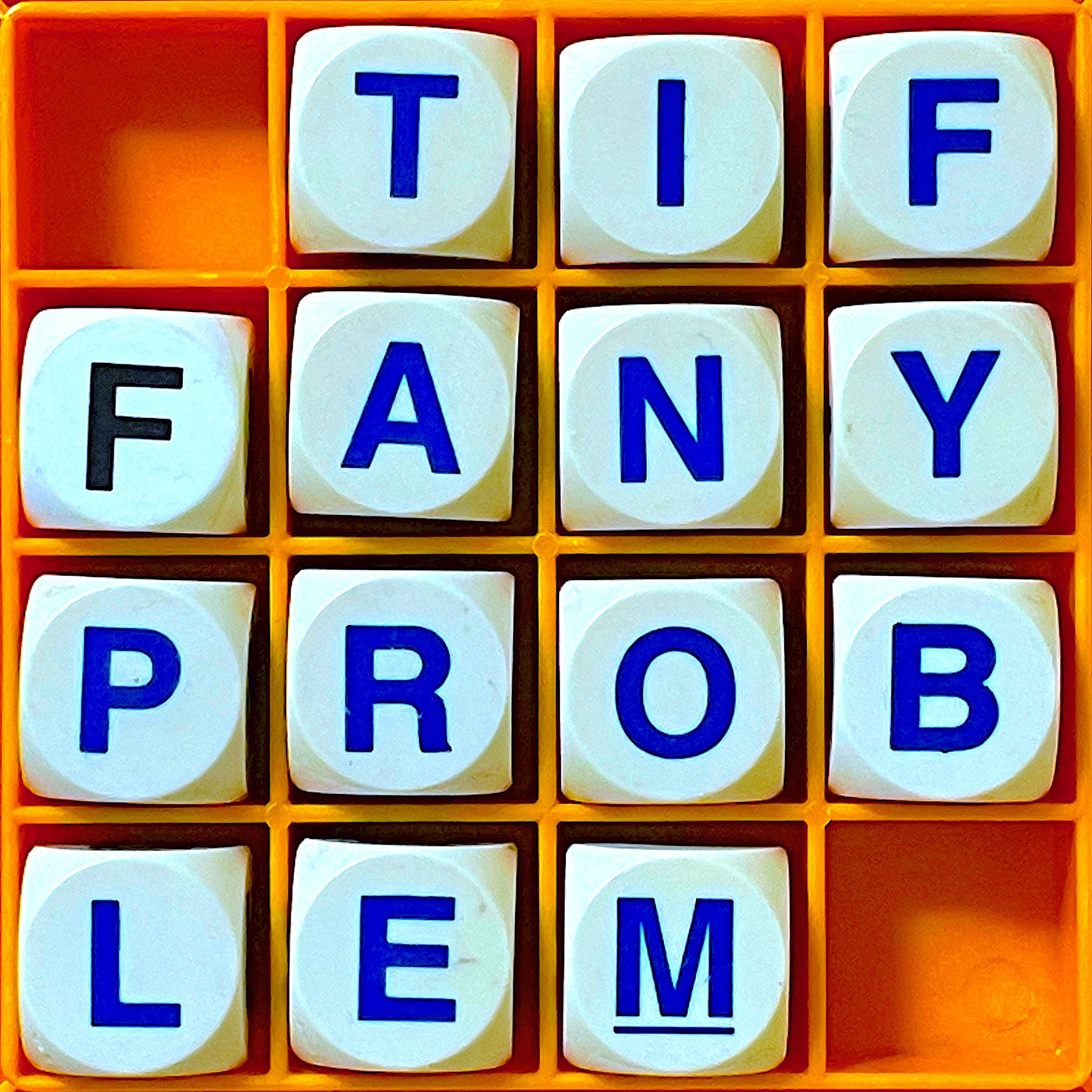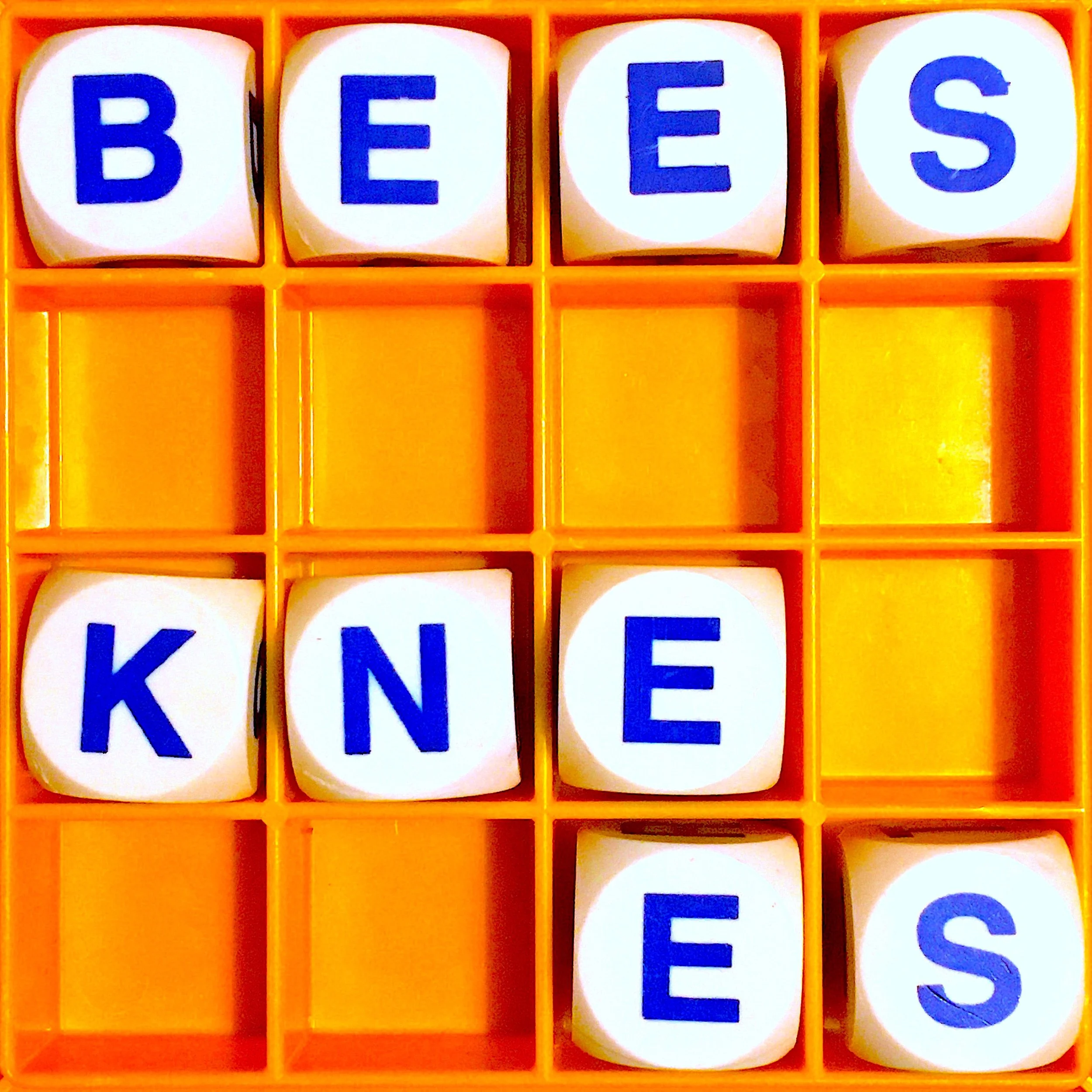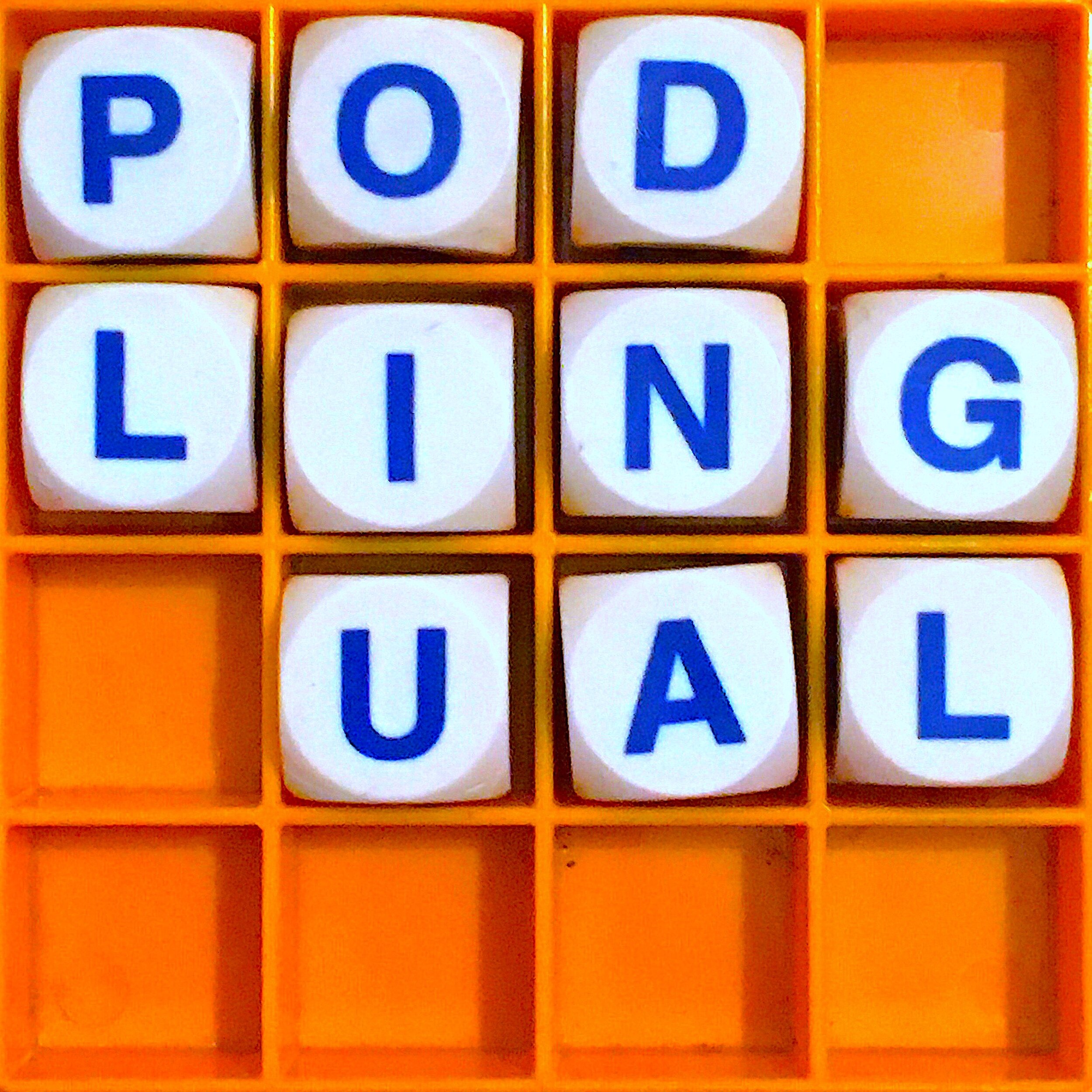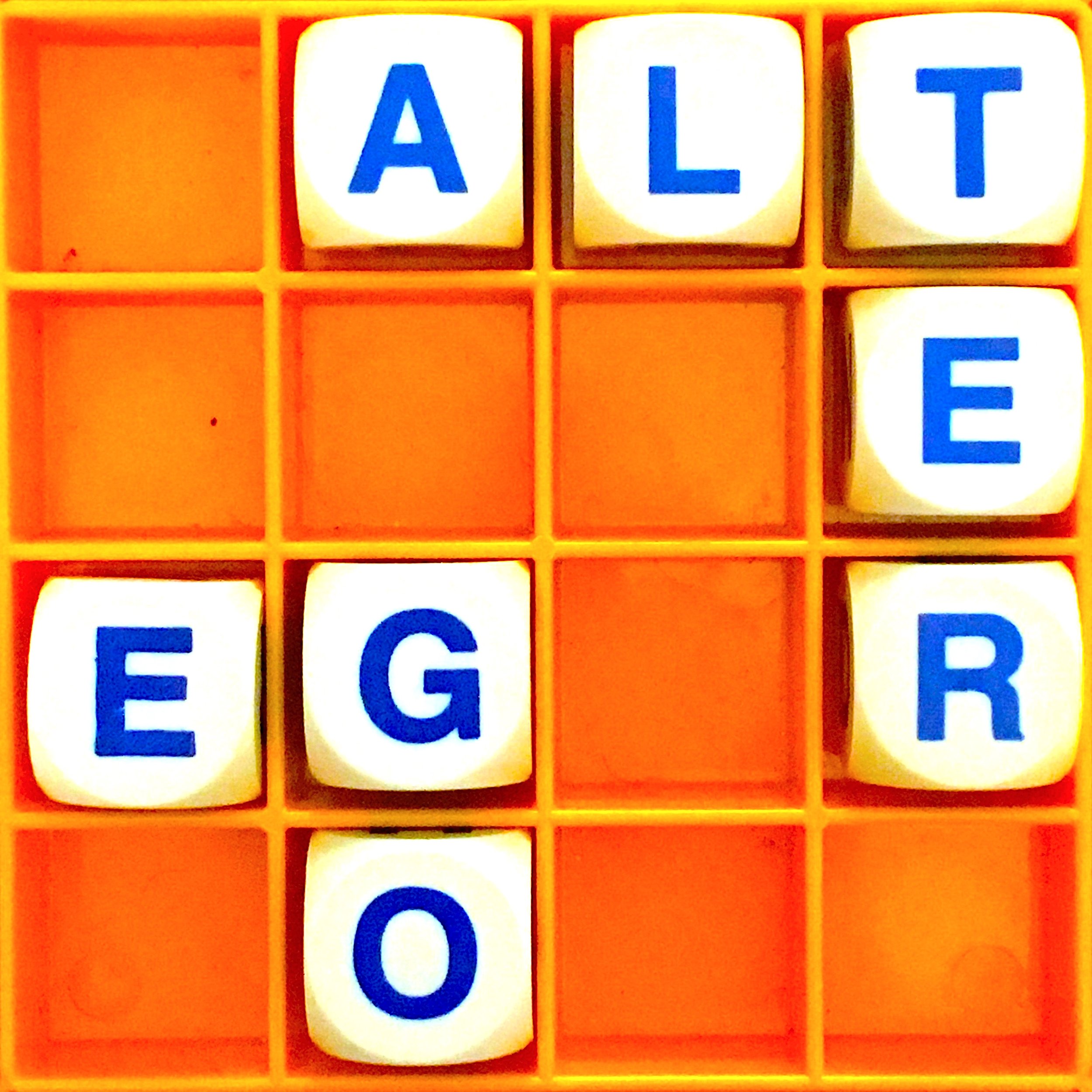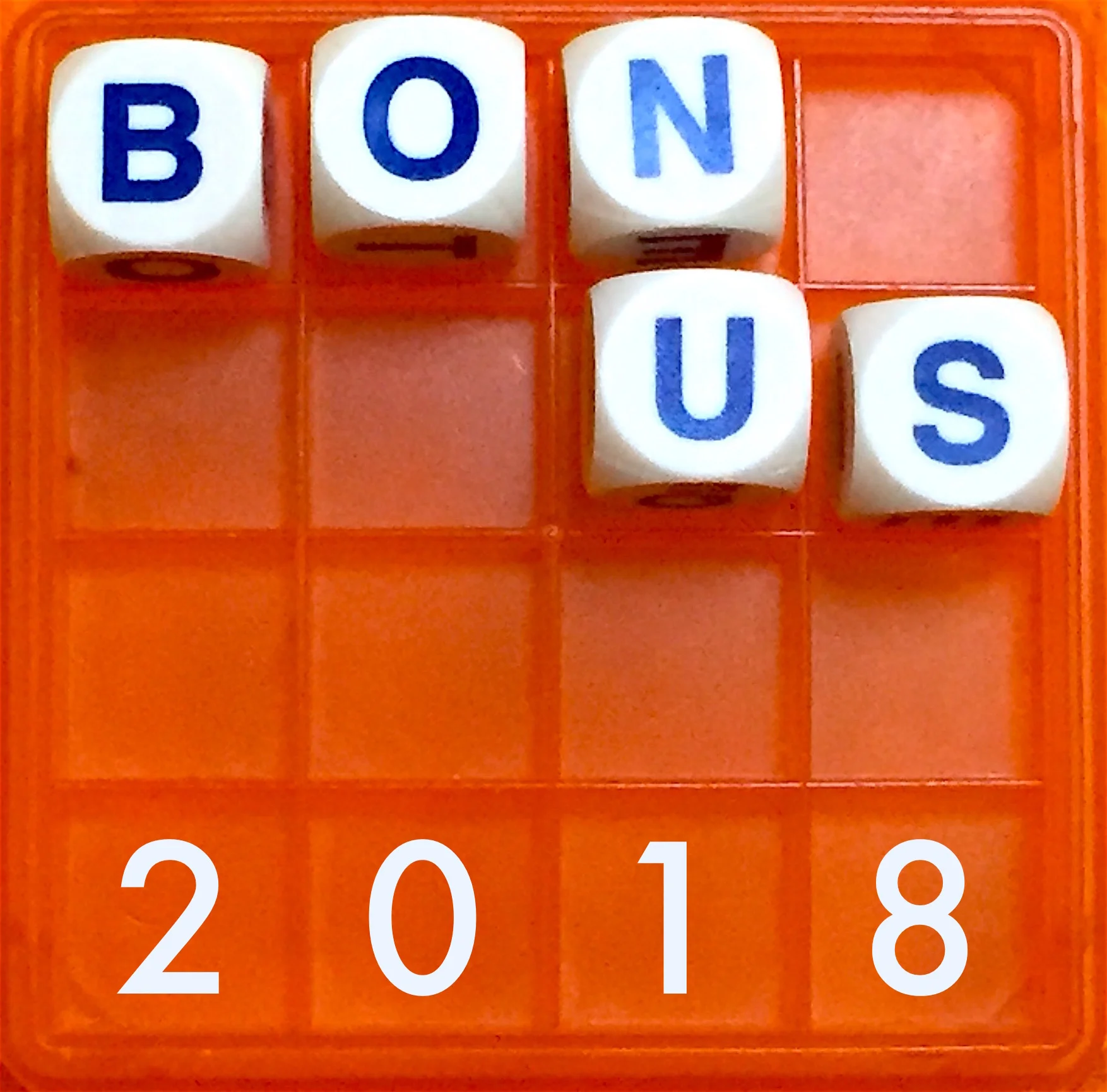SAM HELMICK: Censorship is a hammer looking for a nail, my friends. And someday, you will be that nail too, unless we all decide that we're going to unite against book bans today.
Read moreAllusionist 195. Word play part 5: 100 Pages of Solvitude transcript
HZ: What would make you happier: if nobody solves it or if lots of people solve it?
JOHN FINNEMORE: Oh, lots of people, without question. I hope it's not trivial, but any puzzle has failed if nobody solves it.
Read moreAllusionist 161 Sentiment transcript
SANDHYA DIRKS: When we talk about empathy: the idea that you can get outside of yourself, that we can imagine someone else's experience is so audacious, because human beings are not that freaking imaginative. I mean, like a unicorn is just a horse with a horn! We did not go that far to get to our most magical creature. We just like grafted two things on top of each other.
Read moreAllusionist 155 The Tiffany Problem transcript
JO WALTON: What we the readers know about the name Tiffany is incorrect. Nevertheless, as a writer, you cannot use the name Tiffany.
Read moreAllusionist 151 The Bee's Knees transcript
“There's a town in Quebec called Saint-Louis-du-Ha! Ha!, which apparently has the Guinness World Record for most exclamation marks in a town name. Which is two.”
Read moreAllusionist 131 Podlingual transcript
JAMES KIM: I wanted that experience for everybody to be in the character's shoes, and understand how it's like for somebody that you love to talk to you, but you can't understand a word that they're saying.
Read moreAllusionist 104. Words Into Food - transcript
KATE YOUNG: I can travel through what these characters are eating and what they're doing, and travel to places, to countries I've never been, but also to fantastical worlds that I've never been to and versions of this world that feel very different to my own or are 200 years older than this or one hundred years in the future or any of those things
Read moreAllusionist 98. Alter Ego - transcript
Today: three pieces about alter egos, when your name - the words by which the world knows you - is replaced by another for particular purposes.
How did John Doe come to be the name for a man, alive or dead, identity unknown or concealed in a legal matter? Strap in for a whirlwind ride into some frankly batshit centuries-old English law.
At their first bout of the 2019 season, the London Roller Girls talk about how they chose their roller derby names - or why they chose to get rid of one.
The 1930s and 40s were a golden age for detective fiction, which was also very popular and lucrative. Yet writing it was disreputable enough for authors to hide behind pseudonyms.
Allusionist 95. Verisimilitude - transcript
HZ: Approximately how many languages have you invented at this point?
DAVID PETERSON: I think I've invented over 50 languages at this point. Not all of them are very large in terms of vocabulary size, and not all of them are very good. I had created about 17 before I ever started working on Game of Thrones.
HZ: The languages you hear in Game of Thrones: Dothraki -
[CLIP] Khal Drogo: “Moon of my life, are you hurt?”
HZ - the various dialects of Valyrian:
CLIP: Daenerys: “Valyrian is my mother tongue.”
HZ: - those aren’t the actors making up some gibberish. Those are functional languages, with large vocabularies and complex grammars and etymologies.
Read moreAllusionist 91. Bonus 2018 - transcript
Today’s episode is the annual bonus Allusionist, featuring outtakes from some of this year’s guests saying things that were not necessarily related to the topic of the original episode, or even related to language at all, but I thought, “Hmm! Interesting!” and filed them away until THIS MOMENT.
This is not a typical episode of the Allusionist, so if this is your first time here, welcome! And do try a few different episodes of the show to get a picture. This year there have been episodes about your names, and superhero names; about how swearing can be good for your health, and so can novels; about tattoos, and typing champions; about how the drive to survive sent the Welsh language across an ocean, and the Scots language to hide at home; and many more. Thanks so much for spending time with me over 2018.
Read moreAllusionist 82 A Novel Remedy transcript
When you’re not feeling well, which books do you turn to to make yourself feel better?
I asked this question on the Allusionist Facebook and Twitter, and hundreds of you responded, but a few answers came up again and again:
Terry Pratchett, Douglas Adams, JRR Tolkien.
Makes sense. Science fiction, fantasy: what’s more escapist?
Jane Austen. PG Wodehouse.
Also escapist, thanks to period setting - and, rich people problems not health problems.
Things you read when you were a child: Moomins, What Katy Did, Anne of Green Gables…
Taking you back to a time in your life that perhaps felt safer, or simpler...
...Harry Potter.
Boarding school shenanigans! Wizard problems not real life problems!
And, Agatha Christie.
Poison! Gunshots! Stabbing! Hang on, why would stories about murder make us feel better?
Well, they’re kind of supposed to make you feel better.
Read moreAllusionist 69. How the Dickens stole Christmas - transcript
GREG JENNER: ‘Dickensian’ is quite a tricky word, actually. I think we don’t always necessarily know what we mean when we say it. As a word it conjures up poverty, perhaps; a sense of squalor; a sense of people trapped in this brutal society where there is no safety net, no fall-back plan; where children and women can suddenly be cast into a life of poverty or crime or violence. But 'Dickensian' also should summon up some of the beautiful things as well, some of the wonderful things he harnesses. When we look at A Christmas Carol, the way he depicts the street scenes, singing to each other, the sense of community, the shop windows filled to the brim with delicious goods and treats to eat on Christmas day and toys, this is also a bountiful visual iconography. Dickens conjured up both quite alarming and also quite enrapturing, entrancing visions of what a city and a community could be. So 'Dickensian' tends to be quite negative, but it should apply to all the different worlds that Dickens created, and some of those were rather pleasant and lovely, and some of those were rather cruel and dark.
KATIE MINGLE: What's the deal with Christmas?
AVERY TRUFELMAN: Dickens?
KATIE MINGLE: Yeah.
HZ: Yeah! A lot of authors have written about Christmas, but don’t have festive fairs devoted to them. Why is Dickens the one who gets to be the adjective? Why is he given credit for Christmas?
GREG JENNER: Charles Dickens's Christmases are not brand new in 1843. You know one of the things people often say is Dickens invented Christmas, which is absolute nonsense, of course he didn't.
Read moreAllusionist 15: Step Away - transcript
Since 'step-' indicates the biological and possibly emotional distance between relations, I had assumed that etymologically, that was where the term originated - the idea of someone being a step away from the family. But step the family word, and step as in to tread, have totally different roots - and very different meanings.
Read more

